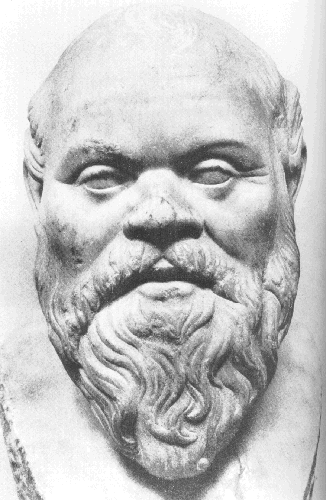
Eastern philosophy
Eastern philosophy or Asian philosophy includes the various philosophies that originated in East and South Asia, including Chinese philosophy, Japanese philosophy, Korean philosophy, and Vietnamese philosophy; which are dominant in East Asia,[1] and Indian philosophy (including Hindu philosophy, Jain philosophy, Buddhist philosophy), which are dominant in South Asia, Southeast Asia, Tibet, and Mongolia.[2][3]
For the album by Apathy, see Eastern Philosophy (album).Criticism[edit]
According to the British philosopher Victoria S. Harrison, the category of "Eastern philosophy", and similarly "Asian philosophy" and "Oriental philosophy" is a product of 19th-century Western scholarship and did not exist in East Asia or India. This is because in Asia there is no single unified philosophical tradition with a single root, but various autonomous traditions that have come into contact with each other over time.[144]
Some Eurocentric thinkers claim that philosophy as such is only characteristic of Western cultures. The German philosopher Martin Heidegger is reported to have said that only Greek and German languages are suitable for philosophizing.[145] It is still commonplace in Western universities to teach only Western philosophy and to ignore Asian philosophy altogether, or consider only newer Western-influenced Asian thought proper "philosophy". Carine Defoort, herself a specialist in Chinese thought, has offered support for such a "family" view of philosophy,[146] while Rein Raud has presented an argument[147] against it and offered a more flexible definition of philosophy that would include both Western and Asian thought on equal terms. In response, Ouyang Min argues that philosophy proper is a Western cultural practice and essentially different from zhexue, which is what the Chinese have,[148] even though zhexue (originally tetsugaku) is actually a neologism coined in 1873 by Nishi Amane for describing Western philosophy as opposed to traditional Asian thought.[149]